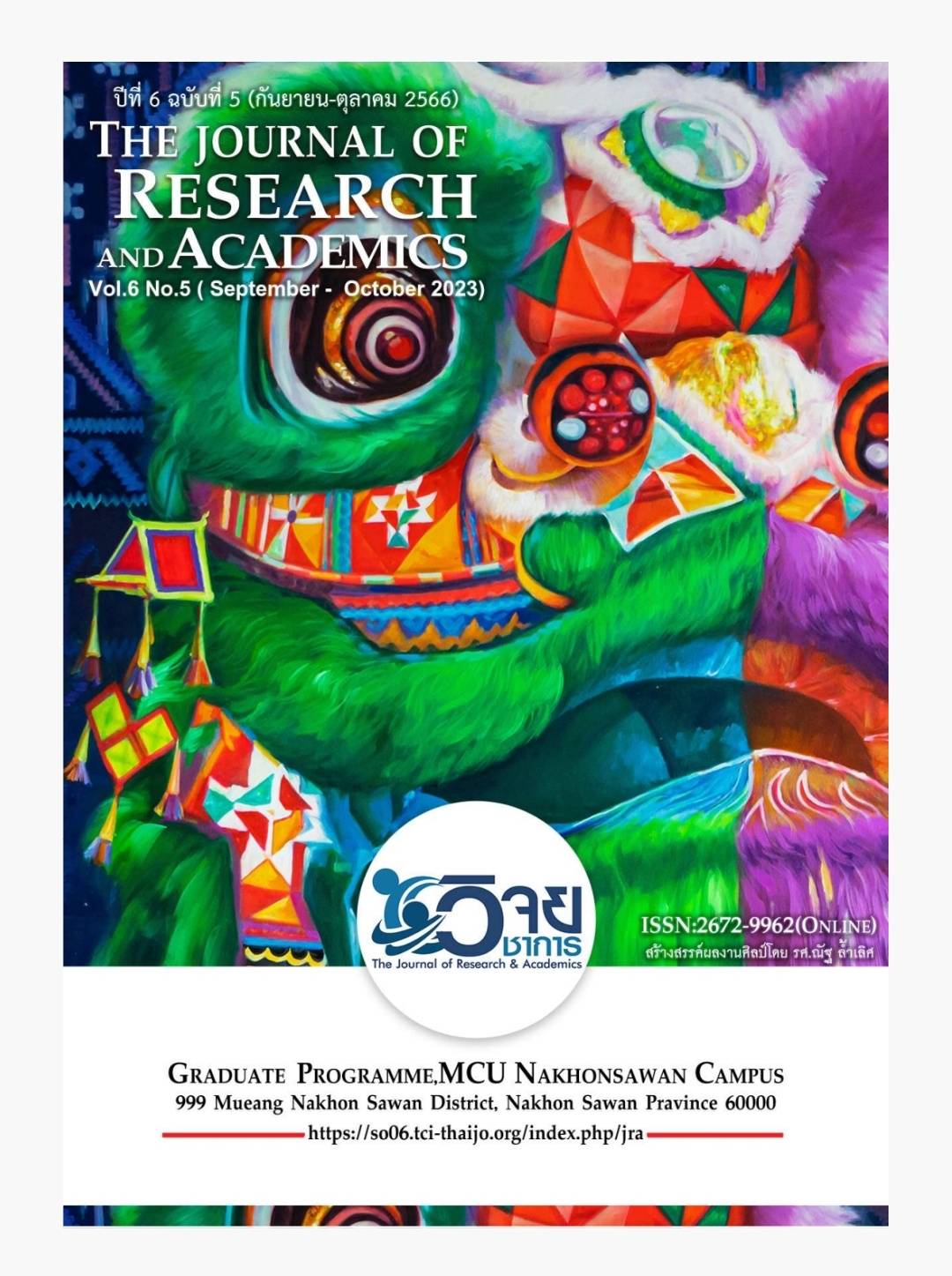กิจกรรมการเรียนรู้ในหมวดวิชาศึกษาทั่วไปมหาวิทยาลัยสงขลานครินทร์ วิทยาเขตปัตตานี
Main Article Content
บทคัดย่อ
บทความวิจัยนี้มีวัตถุประสงค์เพื่อศึกษาการจัดกิจกรรมการเรียนรู้ในหมวดศึกษาทั่วไปของมหาวิทยาลัยสงขลานครินทร์ วิทยาเขตปัตตานี ปีการศึกษา 2561-2563 เก็บข้อมูลจากเอกสารเกี่ยวกับหลักสูตรและการเรียนการสอน และผลการเรียนหมวดวิชาศึกษาทั่วไป การสังเกตแบบมีส่วนร่วมในฐานะผู้สอนและอาจารย์ประจำ การสังเกตแบบไม่มีส่วนร่วม การสนทนาแบบไม่มีโครงสร้าง และการสัมภาษณ์แบบมีโครงสร้าง ผู้ให้สัมภาษณ์จำแนกเป็นผู้บริหาร 9 คน อาจารย์ 20 คน และการสนทนากลุ่มนักศึกษา 64 คน ดำเนินการวิจัยโดยการวิเคราะห์เนื้อหาเชิงคุณลักษณะ และจัดระเบียบข้อมูลตามวัตถุประสงค์การวิจัย ผลการวิจัย พบว่า การจัดกิจกรรมการเรียนรู้ที่สำคัญมี 2 แบบ คือ 1) การเรียนรู้เชิงรุก เน้นบทบาทของผู้เรียนเป็นสำคัญ และอาจารย์มีบทบาทในฐานะผู้สนับสนุน 2) การเรียนรู้แบบบูรณาการ แบ่งออกเป็น 3 ลักษณะคือ บูรณาการกับหลักสูตรที่นักศึกษาเรียนอยู่ บูรณาการกับวิถีชีวิตของนักศึกษา และบูรณาการกับบทบาททางสังคม อย่างไรก็ตามอาจารย์และนักศึกษาบางส่วนยังพึงพอใจรูปแบบการบรรยาย ซึ่งเป็นภารกิจของมหาวิทยาลัยที่จะต้องแสวงหาแนวการพัฒนากิจกรรมการเรียนรู้ต่อไป
Article Details

อนุญาตภายใต้เงื่อนไข Creative Commons Attribution-NonCommercial-NoDerivatives 4.0 International License.
1. เนื้อหาและข้อมูลในบทความที่ลงพิมพ์กับวารสารวิจยวิชาการ ถือเป็นข้อคิดเห็น และความรับผิดชอบของผู้เขียนบทความโดยตรงซึ่งกองบรรณาธิการวารสารไม่จำเป็นต้องเห็นด้วย หรือร่วมรับผิดชอบใด ๆ
2. บทความ ข้อมูล เนื้อหา รูปภาพ ฯลฯ ที่ได้รับการตีพิมพ์ในวารสารวิจยวิชาการ ถือเป็นลิขสิทธิ์ของวารสารวิจยวิชาการ หากบุคคลหรือหน่วยงานใดต้องการนำทั้งหมดหรือส่วนหนึ่ง ส่วนใดไปเผยแพร่ต่อหรือเพื่อการกระทำการใด ๆ จะต้องได้รับอนุญาตเป็นลายลักษณ์อักษรจากวารสารวิจยวิชาการก่อนเท่านั้น
เอกสารอ้างอิง
Alvargonzález, D. (2011). Multidisciplinarity, interdisciplinarity, transdisciplinarity and the sciences. International Studies in the Philosophy of Science, 25(4), 387-403.
Benander, R. & Lightner, R. (2005). Promoting transfer of learning: connecting general education courses. The Journal of General Education, 54(3), 199-208.
Choi, B. C. K. & Pak, A. W. P. (2006). Multidisciplinarity, interdisciplinarity and transdisciplinarity in health research, services, education and policy: 1. Definitions, objectives, and evidence of effectiveness. Clinical and Investigative Medicine, 29(6), 351-64.
Drake, S. M. & Reid, J. L. (2020) 21st century competencies in light of the history of integrated curriculum. Frontiers in Education, 5, 1-10. https://doi.org/10.3389/feduc.2020.00122
Ferguson-Patrick, K., Reynolds, R. & Macqueen, S. (2018). Integrating curriculum: A case study of teaching Global Education. European Journal of Teacher Education, 41(2), 187-201.
Harvard College. (2015). Handbook for students. Retrieved from http://isites.harvard.edu
Huber, M. T. & Hutchings, P. (2004). Integrative learning mapping the terrain. Washington DC : Association of American Colleges and Universities.
Huutoniemi, K., Klein, J. T., Bruun, H. & Hukkinen, J. (2010). Analyzing interdisciplinarity: typology and indicators. Research Policy, 39(1), 79–88.
Jozwiak, J. (2015). Helping students to succeed in general education Political Science Courses? Online assignments and in-class activities. International Journal of Teaching and Learning in Higher Education, 27(3), 393-406.
Kleebbua, C. (2015). Indicators and strategies for enhancing the whole person of university students through general education courses: Applying of means-end and latent class analysis. (Doctoral dissertation). Chulalongkorn University, Bangkok. Retrieved from http://cuir.car.chula.ac.th/handle/123456789/51320
Laird, T. F. N., Niskode-Dossett, A. S. & Kuh, G. D. (2009). What general education courses contribute to essential learning outcomes. The Journal of General Education, 58(2), 65-84.
Leonard, J. B. (2012). Integrative learning: A grounded theory. Issues in Integrative Studies, 31(30), 48-72.
McLawhon, R. & Phillips, L. H. (2013). General education assessment plan: A four-tiered approach. The Journal of general Education, 62(2-3), 204-221.
MGR Online. (2558). Southern News: PSU President spotlights the development of graduate to be volunteer, aims to be the Center of Southern ASEAN. Retrieved from https://mgronline.com/south/detail/9580000026195
Office of the Higher Education Commission. (2009). Practice guidelines for Thai qualifications framework for higher education B.E.2552. Bangkok : The Office.
Phenpinant, K., et al. (2010). Model and guidelines for Liberal Arts Education in Thai Universities. Bangkok : Prik-hwan Co.Ltd.
Supapidhayakul, S. (2011). Basic principle of instruction in general education. Journal of Thailand General Education, 2(1-2), 41-45.
Thai GE Network. (2014). Conceptual framework of General Education in Thai qualifications framework for Higher Education 2009 (TQF: Hed): complete report. Retrieved from https://fmt.surin.rmuti.ac.th/2017/data/13/article/files/f03b0b93ec114c031e49dd065c095b50.pdf


